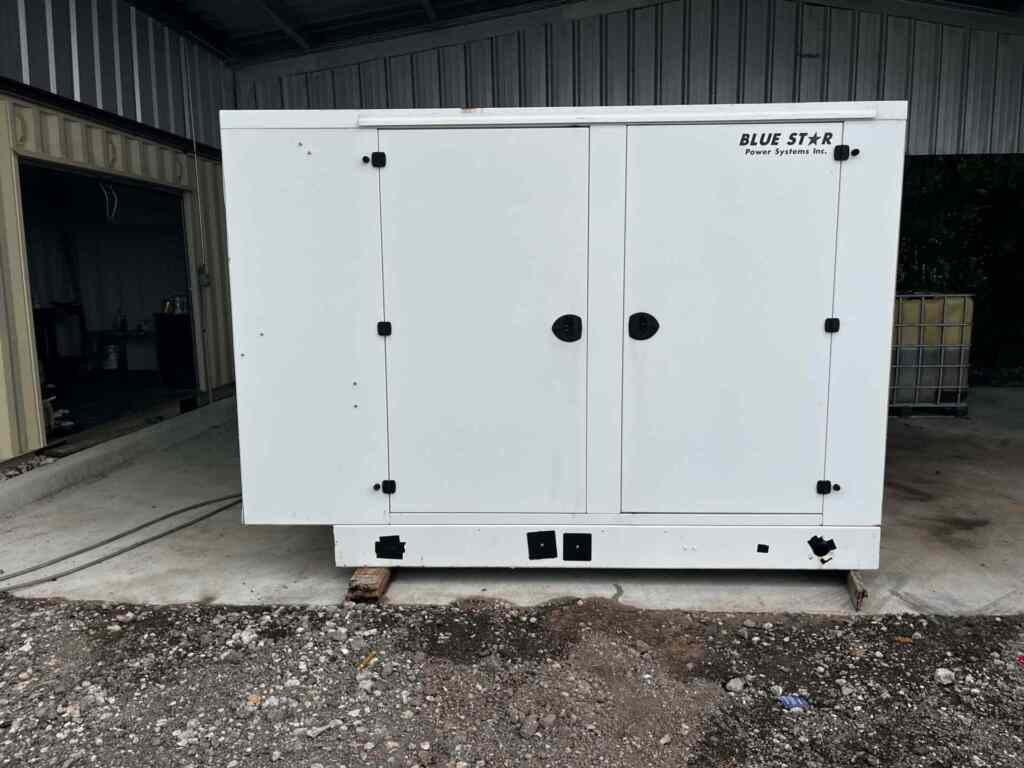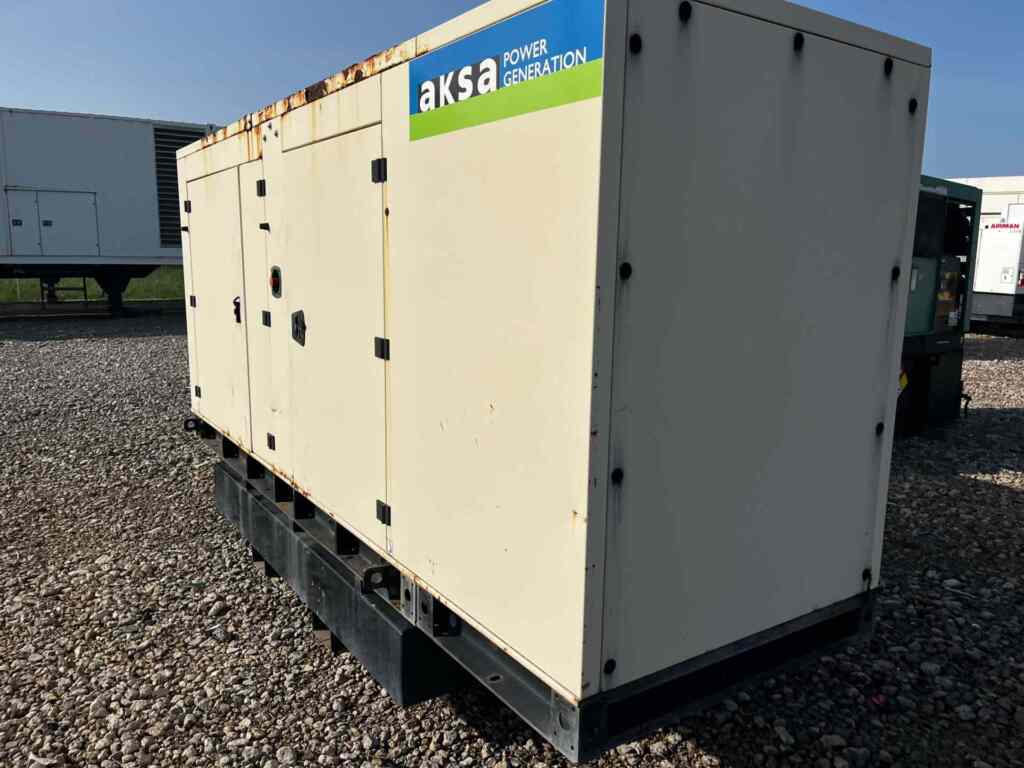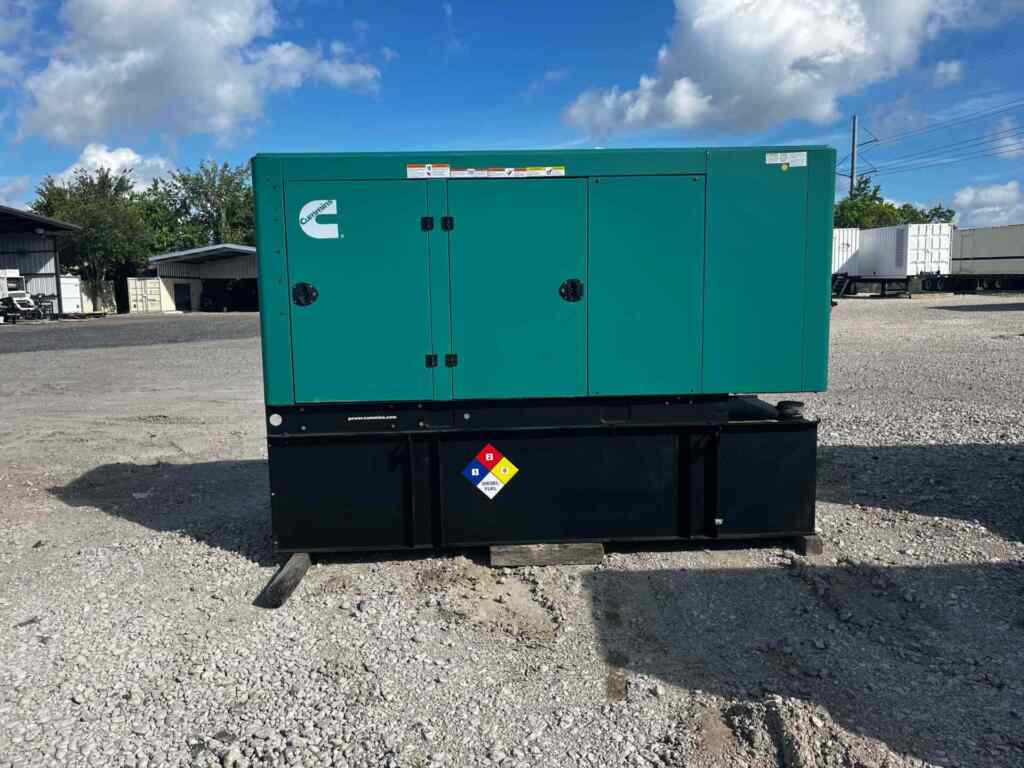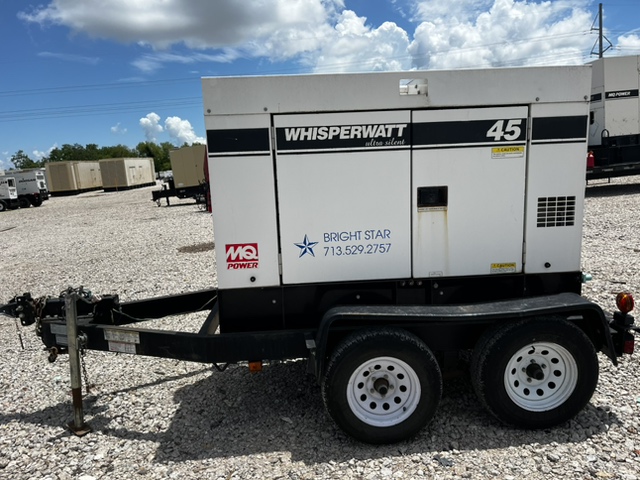Purchasing a backup generator that can save your business operations during an outage is one of the best moves you can make. As you begin to determine the ideal unit for your facility, you can create a checklist with all the preferences you expect your unit to meet.
Between determining whether you prefer diesel or natural gas-powered machinery to deciding on the unit’s location, there’s plenty to consider that can affect your final purchase. However, there’s one more aspect to consider when selecting adequate power equipment for your business—portability.
Can you envision a portable system sitting near your property, or do you prefer a stationary unit that will distribute energy to your business? When comparing portable and stationary generators, there are several features that can sway your opinion. Continue reading to learn more about the two options!
Performance
Portable generators can typically operate for 12 continuous hours; however, the unit requires cooling to help maintain internal temperatures. If kept inside a facility, this type of machinery also requires a well-ventilated area that can filter odors and heat.
Like other generator units, portable solutions require a form of safeguarding to prevent the accumulation of leaves, foliage, and other debris.
While portable generators have the upper hand in portability, these units don’t always have the capability to perform high-power operations, often supplying anywhere between 5,000 to 7,000 watts of power.
On the other hand, stationary generators can run for longer periods while providing robust outputs of 8,000 to 20,000 watts of power that can benefit long-term projects.
Usage
Stationary generators are invaluable pieces of equipment that serve well in demanding long-term projects that require significant amounts of power. You can typically locate these machines on construction sites, military installations, and power plants.
Conversely, portable generators are the best solutions in scenarios that have low backup power requirements. Surprisingly, you can also locate this type of equipment at construction sites, commercial facilities, and smaller projects.
Fuel Type
While portable generators typically require gasoline as their primary fuel source, you can power a stationary unit with alternative sources. Industrial gas generators can utilize natural gas to operate and distribute power.
This clean solution can be beneficial for a stationary generator since it releases less particulate matter and toxins into the atmosphere.
When comparing portable and stationary generators, consider each one’s installation, fuel type, and power capabilities. These attributes can prevent you from making an impulse purchase that may not align with your business’s best interests.
 Turnkey Industries offers a variety of high-capacity
Turnkey Industries offers a variety of high-capacity 





